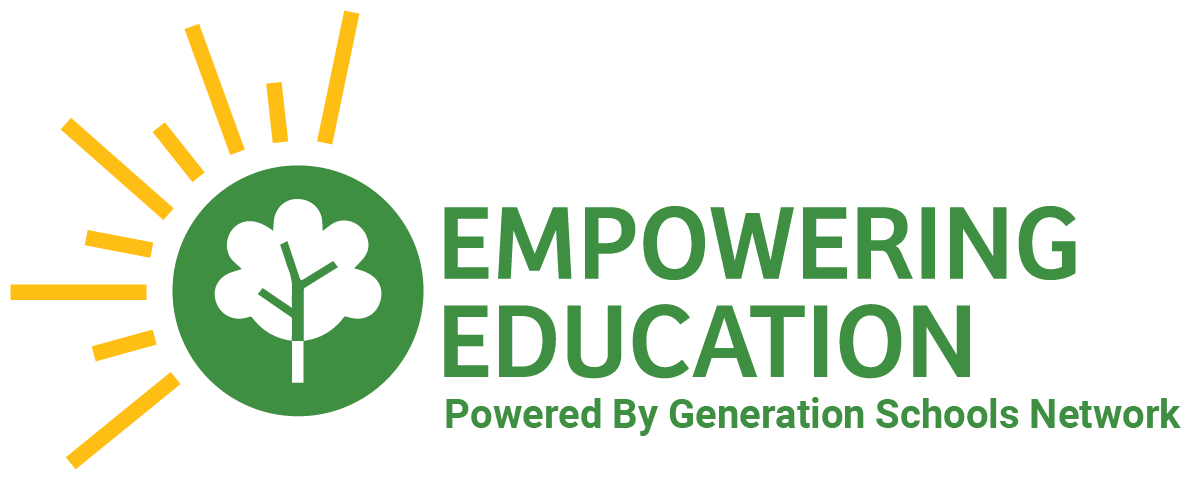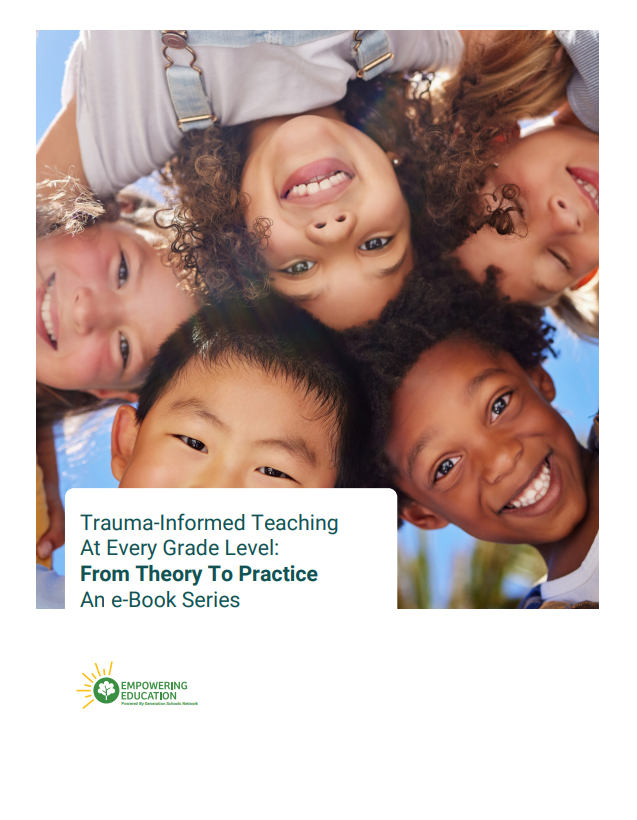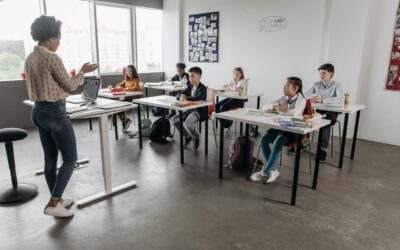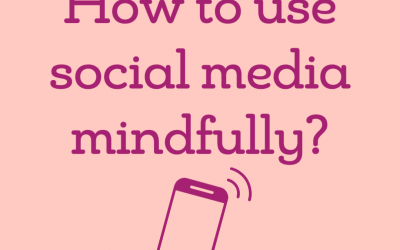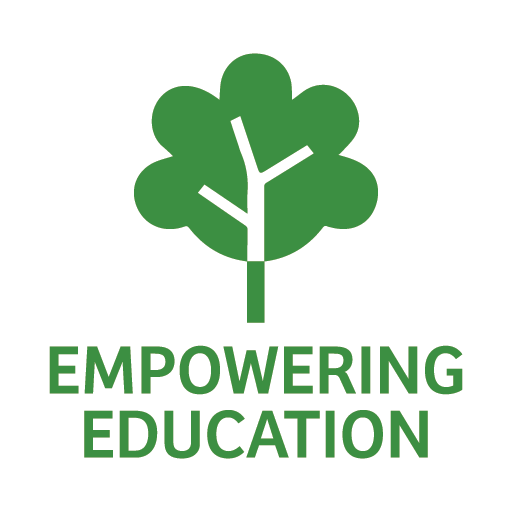3 End of School Year Activities
As the end of the school year quickly approaches, it is important to find ways for students to reflect on their experiences from the past year and find some closure. Reflective self-awareness helps students build resilience in the classroom, at home, and among peers.
Explicitly teaching goodbyes is an important skill and part of our K-8 SEL programming. We encourage you to take a moment to teach children how to say goodbye or check out the full lesson plan.
Get The Full Lesson
Empowering Education offers full lesson plans for teachers on teaching kids how to say goodbye.
Reflective self-awareness helps students build resilience in the classroom, at home, and among peers. Aside from explicit instruction and activities on goodbyes, here are two fun activities to try out with your students to wrap up this school year through reflection.
Aside from explicit instruction on goodbyes, here are three fun activities to try out with your students to wrap up this school year through reflection.
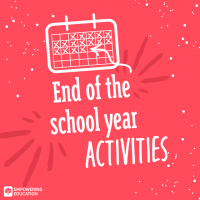
1. Have Students Write a Letter to Their Past-Selves
Perhaps you’ve read about writing a letter to your future self. Well, what about writing a letter to our past self? What are some things you would tell your past-self?
Have students take a bit of time to reflect on the past year through writing a letter to their last-year self. What are some things they wish they knew back then?
If your students are stuck, consider following this format:
Dear 2021 Self,
Here are three awesome things that will happen to you:
- _____________________________
- _____________________________
- _____________________________
Here are a few really strange and surprising things that happen to you this year:
- _____________________________
- _____________________________
- _____________________________
Here is one challenging thing that you will overcome this year:
- _____________________________
Here are three things that you are really grateful for this year:
- _____________________________
- _____________________________
- _____________________________
Your friend,
Your Future Self
2. Practice Roses and Thorns
One effective method of reflective practice is through Roses and Thorns. While some may do this activity weekly or even daily, at the end of the school year consider doing one big rose and Thorns reflecting on the entire school year.
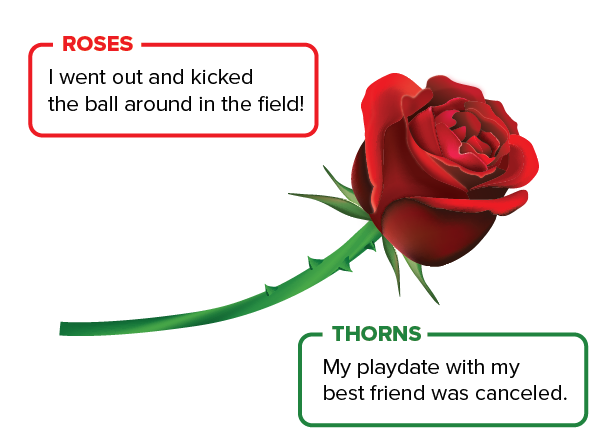
Roses are the positive experiences and Thorns are the negative or challenging experiences faced. By having students reflect on their Roses you’re asking them to practice gratitude. Research has shown the benefits of coping skills like daily gratitude practice, including better physical health. By having children reflect on their Thorns from the past year, you’re giving them space to voice what’s bothering them.
Ready for a bit more 'Roses and Thorns'? Try adding “buds”—the things that you’re looking forward to for next school year. One benefit to that addition is that it ends each person’s reflection on a positive note. Learn more about Roses Ad Thorns let us know if this ends up becoming a useful part of your family or classroom practice!
3. Use Mindful Art to Reflect on the Year
Using art as a mindfulness tool can provide a uniquely accessible opportunity to let the mind process events and emotions. That's why mindfulness and art are also becoming more popular as a form of therapy for young people. Mindfulness-based art therapy brings together mindfulness and artistic expression in which the process of creating is the important part, not the finished product.
Have students draw a memory from this school year. Or, provide a creative writing prompt about something you experienced together as a class.
